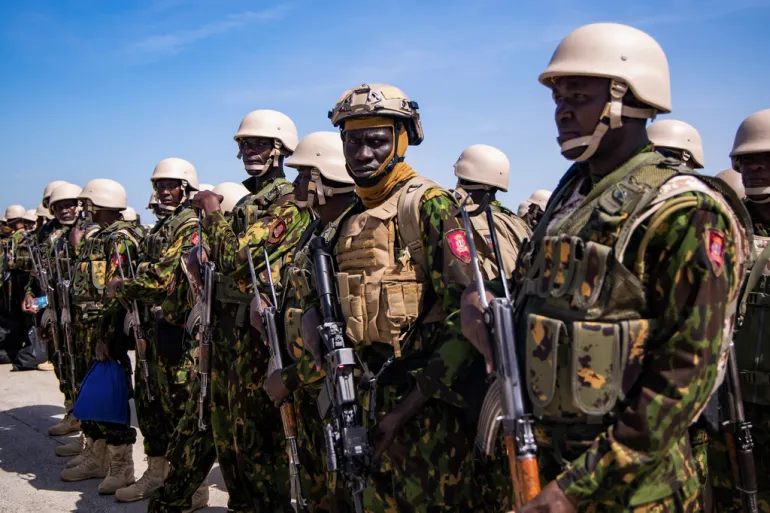New York — October 2025
The United States has pledged fresh support for a new United Nations anti-gang force in Haiti, vowing to pursue arrests, financial sanctions, and visa bans against those fuelling the country’s spiralling violence.
Speaking at a UN Security Council briefing in New York on Tuesday, U.S. Ambassador to the UN Mike Waltz said Washington would act “relentlessly” against individuals and networks responsible for Haiti’s deepening insecurity.
“The United States will remain relentless in pursuing those who undermine Haitian security and arm and finance these terrorist gangs,” Waltz told delegates. “We will expand our use of all available tools — including indictments, arrests, financial sanctions, arms seizures, and visa restrictions — to counter the impunity that robs Haitian children of their futures.”
The remarks came as the UN prepared to transition from the Kenya-led Multinational Security Support (MSS) Mission to a new Gang Suppression Force (GSF), which will continue efforts to dismantle powerful armed groups holding sway across much of the country.
A New Phase in Haiti’s Security Effort
According to Waltz, the UN Support Office in Haiti will assist in coordinating the mission, which includes personnel from several nations under Kenyan leadership. The U.S., he said, will continue to work closely with the UN’s Panel of Experts to track, sanction, and prosecute individuals or entities funding the gangs.
“UN asset freezes and travel bans remain an important tool to promote maximum accountability of those contributing to, or complicit in, destabilising activities in Haiti,” Waltz added.
The U.S. has already imposed targeted sanctions on several Haitian businessmen and political figures accused of supporting armed groups. Analysts say Washington’s renewed focus signals a more aggressive diplomatic and legal strategy to restore stability after months of mounting gang control and economic collapse.
Kenyan Officers Safe After Haiti Clash
The renewed commitment follows reports of violent clashes between the GSF and the Gran-Griff gang in Haiti’s Artibonite region last week. Local media had claimed that two Kenyan police officers were killed in the fighting — a report that the mission has since denied.
In a statement on Monday, the GSF said that “all personnel remain safe” and confirmed that “no Kenyan officers had lost their lives during the latest operations.”
The GSF, working alongside Haiti’s National Police and Armed Forces, said the joint operation focused on reopening critical transport routes along the Petite-Rivière–Liancourt–Pont Sondé corridor — areas long blocked by heavily armed gangs.
“When our officers encountered resistance from the Gran-Griff gang, they responded firmly and overcame the threat,” the statement read, calling the mission a success in regaining control of a key transit zone.
Kenya’s Role Draws Global Praise
Ambassador Waltz expressed gratitude to Kenya and other contributing nations for their continued support, calling the multinational mission “crucial to Haiti’s recovery and long-term stability.”
Kenya, which volunteered to lead the mission in 2024, has deployed hundreds of police officers to the Caribbean nation amid widespread gang violence that has displaced tens of thousands of Haitians and paralysed government operations.
Diplomats at the UN say the new Gang Suppression Force marks an evolution of that mission — one with expanded powers and closer cooperation with local security agencies.
For Washington, the strategy appears twofold: strengthen international coordination on the ground while tightening financial nooses around those fuelling Haiti’s chaos.
As Waltz put it, the goal is clear: “to bring accountability to those who profit from instability — and to give Haiti a chance to rebuild from within.”

